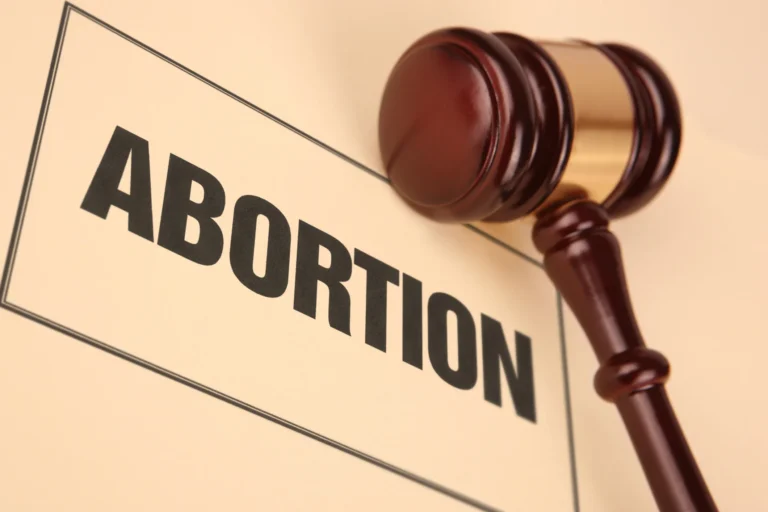With falling fertility rates worldwide, many places in the developed world are facing the prospect of actual decline in numbers within the near future. Among these areas is the Canadian province of Quebec. A recent article in the Toronto Sun referred to citizens of Quebec as an “endangered species” (Peter Black, “Endangered Species,” The Toronto Sun, 5 February 1999, A8). “Population projections for mountain lions and spotted owls are less bleak than the forecast” for Quebec, according to the Sun. The article cites a Bureau de la Statistique du Quebec report that announced Quebec’s population could begin to drop as early as 2006. The population is set to peak at 7.4 million that year, before beginning a steady descent, just 100,000 more people than currently reside there. Quebec, with a birthrate of 1.5, has one of the lowest fertility rates in the world. This is a significant drop from the 1950s when the average woman in Quebec gave birth to 3.9 children. Canada as a whole has a birthrate that stands at 1.55. And while other areas throughout Canada will soon experience drops in population, emigration is more of a factor in those areas than in Quebec.
There are many causes for this decline in Quebec, but among them the Bureau notes the high numbers of abortions. In 1997, there were 35 abortions for every 100 live births, for a total number of 28,000 abortions. This is an increase of 16 abortions per 100 live birth in the past 10 years. Another contributing factor may be the small number of young Quebecers who are marrying. Of those couples between the ages of 20 and 24 living together, 78% of men and 72% of women are not married.
Another item of interest noted in the Sun article is that the most common surname among newborns in Montreal in 1996 was not of French origin, but rather Vietnamese. The name Nguyen topped the list with 96 babies born, followed by an East Indian name, Patel. Traditional French names, such as Roy, Tremblay, and Gagnon lagged considerably behind. Although babies of French extraction still top the list in the rest of the province, the island of Montreal contains fully a quarter of Quebec’s population.
In October 1995, the Separatists in Quebec narrowly lost a referendum vote that would have established them as a separate country. With the drop in the numbers of French Canadians in Quebec being born, it is unlikely that separatists will muster as many votes in the future. It is ironic that in abandoning their traditional Catholic faith, which does not sanction abortion or cohabitation, Quebec separatists have perhaps lost their only chance at independence. Separatism would indeed appear to be a thing of the past.








